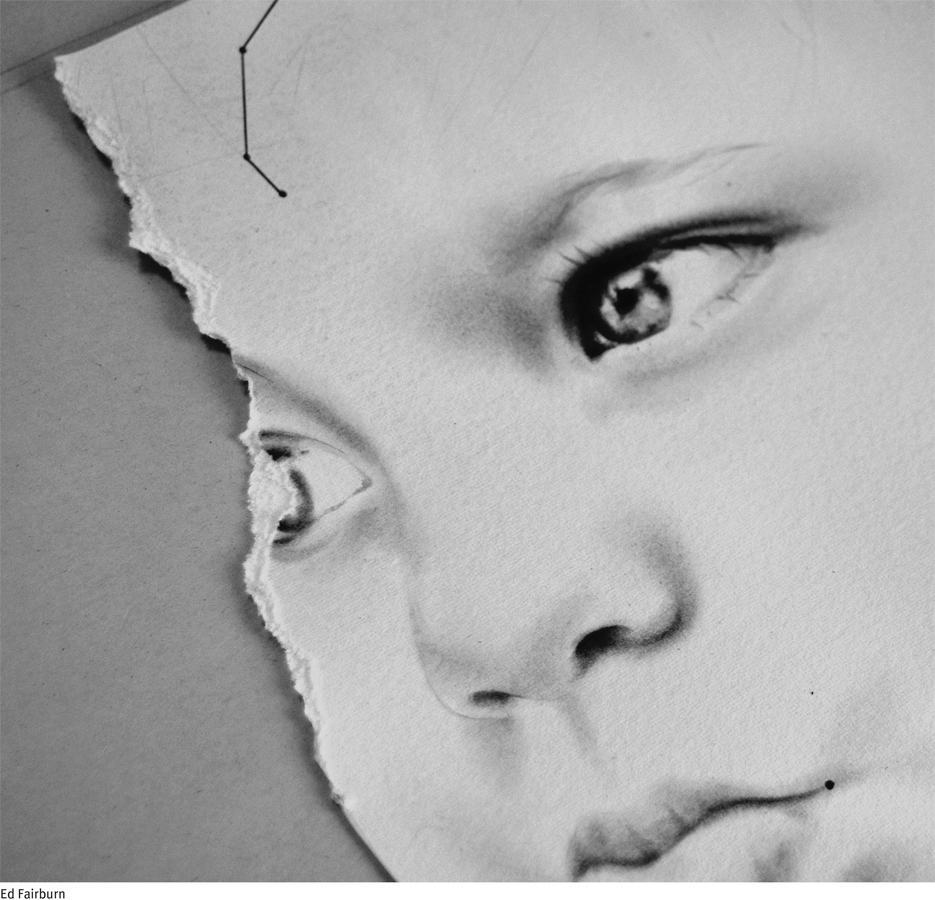Chapter Introduction
| CHAPTER |
| 17 |
Disorders Common Among Children and Adolescents

TOPIC OVERVIEW
Separation Anxiety Disorder
Treatments for Childhood Anxiety Disorders
Major Depressive Disorder
Bipolar Disorder and Disruptive Mood Dysregulation Disorder
What Are the Causes of Conduct Disorder?
How Do Clinicians Treat Conduct Disorder?
Enuresis
Encopresis
Attention-
Autism Spectrum Disorder
Intellectual Disability
Billy, a 7-
Billy did well in first grade, but in second grade he is now having difficulty completing his work. He takes a lot of time to do his assignments and frequently feels he has to do them over again so that they will be “perfect.” Because of Billy’s frequent somatic complaints, it is hard to get him off to school in the morning. If he is allowed to stay home, he worries that he is falling behind in his schoolwork. When he does go to school, he often is unable to do the work, which makes him feel hopeless about his situation….
His worries have expanded beyond school, and frequently he is clinging and demanding of his parents. He is fearful that if his parents come home late or leave and go somewhere without him that something may happen to them….
Although Billy’s mother acknowledges that he has never been really happy, in the last 6 months, she feels, he has become much more depressed. He frequently lies around the house, saying that he is too tired to do anything. He has no interest or enjoyment in playing. His appetite has diminished. He has trouble falling asleep at night and often wakes up in the middle of the night or early in the morning. Three weeks ago, he talked, for the first time, about wanting to die….
(Spitzer et al., 1994)
Ricky Smith was a 7-
Ricky … said his teacher, Mrs. Candler, was always yelling at him and sending notes home to his mother. Ricky initially said he did not know why the teacher yelled at him but then said it was mostly about not paying attention or following class rules….
Ricky … said he had a few friends but often had to keep to himself. This was because Mrs. Candler made him spend much of the school day in a corner of the classroom to complete his work. Unfortunately, little of the work was successfully finished. Ricky said he felt bored, sad, tired, and angry in the classroom….
Ricky said his mother yelled at him a lot…. He said he felt happiest when riding his bike because nobody yelled at him and he could “go wherever I want.” …
Mrs. Smith said Ricky was almost intolerable in the classroom, … crying when asked to do something, stomping his feet, and being disrespectful to the teacher…. Mrs. Smith said her son was generally “out of control” at home. He would not listen to her commands and often ran around the house until he got what he wanted. She and her son often argued about his homework, chores, misbehavior, extended absences from home, and her work schedule…. More detailed questioning revealed that Ricky often fidgeted and lost many of his school materials. He was disorganized and paid little attention to long-
Ricky’s teacher, Mrs. Candler, … added that Ricky’s academic performance was below average but not failing. He understood and completed his reading and math assignments when motivated to do so but his attention was sporadic and insufficient. Ricky paid closer attention when an assignment or teaching method was relatively new but was easily distracted soon afterward. Ricky was getting out of his seat more and more, requiring a constant response. Mrs. Candler was unsure whether this behavior was intentional and attention-
(Kearney, 2013, pp. 62–
BETWEEN THE LINES
Help Mother, Help Child
In a study of 151 mothers treated for depression, one-
(Boodman, 2006)
Billy and Ricky are both displaying psychological disorders. Their disorders are disrupting the boys’ family ties, school performances, and social relationships, but each disorder does so in a particular way and for particular reasons. Billy, who may qualify for a diagnosis of major depressive disorder, struggles constantly with sadness, worry, and perfectionism, along with stomachaches and other physical ailments. Ricky’s main problems, on the other hand, are that he cannot concentrate and is overly active and impulsive—
Abnormal functioning can occur at any time in life. Some patterns of abnormality, however, are more likely to emerge during particular periods—